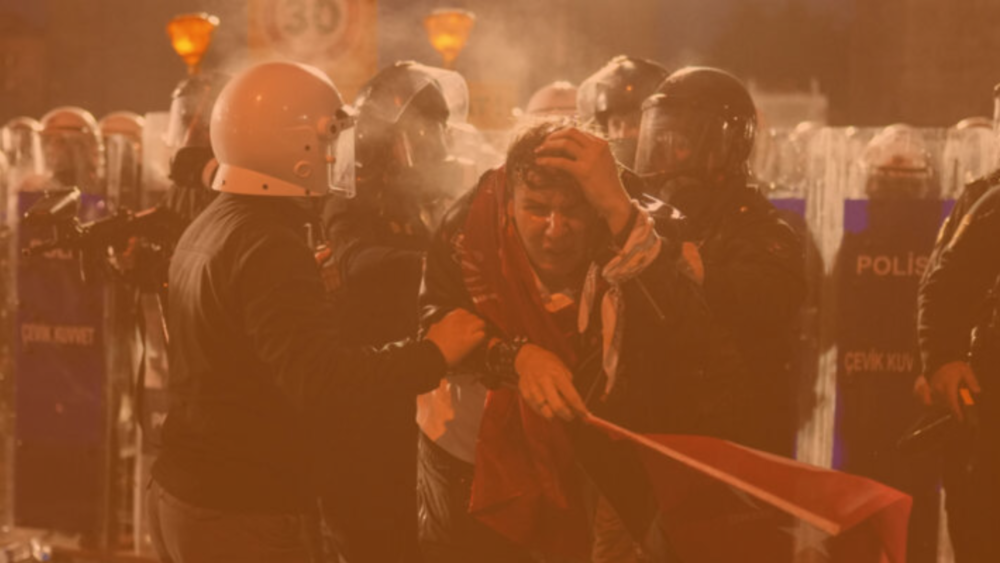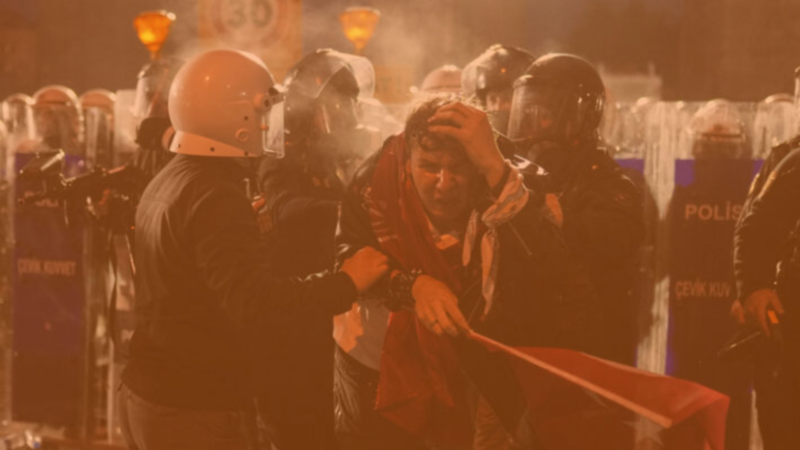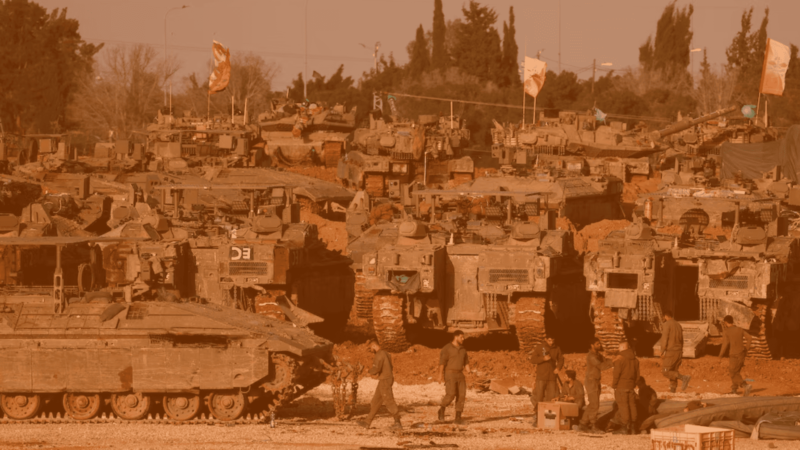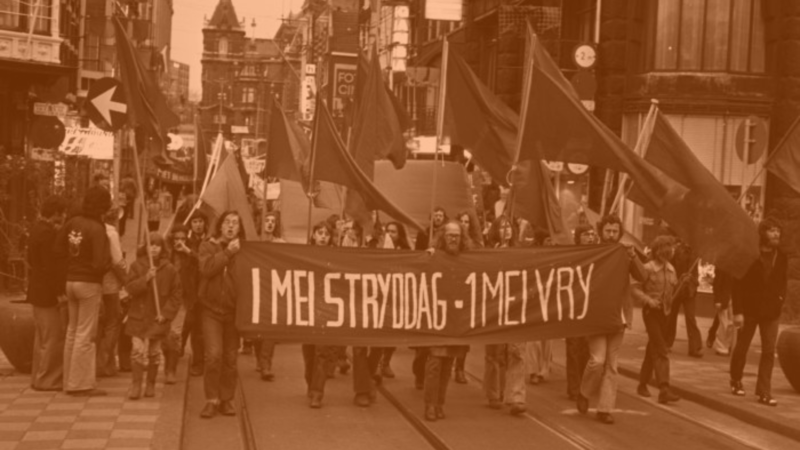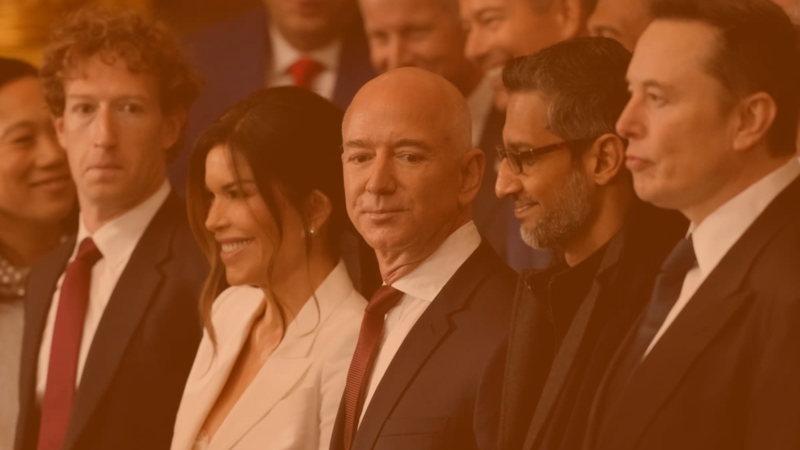From Berlin to Athens, from Ankara to Zurich, those who challenge the dominant narratives are silenced. On World Press Freedom Day, we provide a reminder on why we must all fight back
We were told that freedom of the press was a pillar of democracy. That it had been achieved – won long ago, enshrined in law, protected by institutions. But like democracy itself, press freedom has never truly arrived. It’s an ongoing struggle, not a trophy in a museum.
Today, in Turkey, Germany, Switzerland, Greece and beyond, this freedom is not only incomplete – it’s under full-scale attack.
In Turkey, journalism has become a crime scene. This spring, journalists Timur Soykan (BirGün) and Murat Ağırel (Cumhuriyet) were arrested, accused of blackmail and threats – but everyone knew the real reason: they had reported on corruption and state abuses tied to Istanbul’s opposition mayor, a political threat to Recep Tayyip Erdoğan’s regime. Their work exposed truths too inconvenient to be ignored. So the state did what it does best – it shut them up.
Elsewhere in Turkey, the tactics are more brutal. In March, seven Kurdish journalists were jailed for daring to investigate – and mourn – the deaths of colleagues killed in Turkish drone strikes. Their arrests weren’t just punishment – they were a message: Kurdish voices are disposable.
Other journalists face slower forms of state violence. Nurcan Yalçın and Derya Us were pulled from their homes in early-morning raids – not charged, not convicted – just harassed into silence. Travel bans, police reporting, surveillance: a soft suffocation of their basic rights.
And yet, they persist. In 2024 alone, 181 journalists were put on trial in Turkey. Fifty-eight were detained. Judges handed out over 24 years in combined prison sentences – not for violence, fraud, or hate speech, but for publishing.
But don’t think this is just Turkey’s problem.
In Germany, repression looks more polished, more bureaucratic – but no less dangerous. Melanie Schweitzer, a lawyer at the Federal Ministry of Labour, was fired in December 2023. Her offence? Publicly condemning Israel’s actions in Gaza and calling for Palestinian rights – views well within the bounds of international law, and shared by millions worldwide. But in Germany’s political climate, even mild dissent is treated as scandalous. Her dismissal made it clear: state employees are expected to remain silent — or side with power. Anything else could cost you your career.
In Switzerland, journalist Melissa Müller found herself repeatedly censored by her editors at Blick. Words like “apartheid” and “colonialism” were scrubbed from her articles. Critical stories on Palestine were spiked. Eventually, she left – and spoke out. In doing so, she revealed what many journalists across Europe already know but few dare to say: press freedom ends where Palestine begins.
And then there’s the ultimate form of censorship: assassination. In Greece, respected crime and corruption reporter Giorgos Karaivaz was gunned down in broad daylight outside his home in Athens in 2021. A killing that shocked the country – and Europe – but to this day remains unsolved. For years, Karaivaz investigated links between organised crime and law enforcement. He exposed uncomfortable truths. He paid the price.
Three years later: no convictions. No political reckoning. Just silence.
From Berlin to Athens, from Ankara to Zurich, those who challenge the dominant narrative – on war, on occupation, on state violence, on corruption – are silenced. Some with jail cells. Others with HR memos. Others still with bullets.
But the effect is the same: a journalism that flatters the powerful and buries the rest.
At DiEM25, we know that journalism isn’t a luxury. It’s the first line of defence in any functioning democracy. That’s why we stand with those who speak when it’s dangerous to speak – from Julian Assange, imprisoned for exposing war crimes; to Melanie Schweitzer, fired for her principles; to Melissa Müller, who walked away from her job rather than compromise the truth; to Giorgos Karaivaz, who gave his life in pursuit of it.
What do we want?
- A Europe where the press is actually free – not on paper, but in reality.
- Where telling the truth isn’t a risk, but a right.
- Where solidarity with Palestine isn’t a fireable offence.
- Where investigating corruption doesn’t end in murder.
- Where states don’t get to decide what journalists can and cannot say.
We want justice for those already punished, and protection for those still fighting.
Because if we don’t fight for press freedom now – while it’s under siege – we may not have the chance later.
Do you want to be informed of DiEM25's actions? Sign up here





